Lebanon, Israel hold 1st round of indirect demarcation talks
Delegations from Beirut and Tel Aviv have taken part in an opening round of indirect negotiations on the demarcation of Lebanon’s southern maritime border with the occupying entity, and agreed to meet again in two weeks.
They sat down for negotiations at the headquarters of the UN peacekeeping force in the southern Lebanese city of Naqoura on Wednesday.
Hosted by the UN and mediated by the US, the meeting broke up after barely an hour, and the two sides agreed to hold the next round of discussions on October 28.
The four-member Lebanese team is headed by Deputy Chief of Staff of the Lebanese Army for Operations Brigadier General Pilot Bassam Yassin, while the six-member Israeli delegation is led by the director general of the regime’s energy ministry.
According to a statement by the Lebanese army, Beirut’s delegation expressed hope during the session that the dispute with Israel would be settled within a “reasonable time.”
The talks mark a “first step in the thousand-mile march towards the demarcation” of Lebanon’s maritime frontier, he said. “Based on the higher interests of our country, we are looking to achieve a pace of negotiations that would allow us to conclude this dossier within reasonable time.”
Hezbollah, Amal criticize Lebanon’s team
Earlier on Wednesday, Lebanon’s Hezbollah and Amal movements expressed their opposition to the makeup of their country’s delegation.
Parliament Speaker Nabih Berri had previously announced a framework agreement for negotiations with Israel on demarcating the maritime and land borders, saying the demarcation will help Lebanon economically.
Hezbollah and Amal released a joint statement, calling for an immediate reform of the delegation based on Berri’s framework pertaining to the border demarcation to the April 1996 ceasefire understanding with Israel and UN Security Council Resolution 1701.
They said the inclusion of civilian figures in the Lebanese team contradicts the framework agreement, which only allows military officers to attend the periodic meetings on border demarcation.
Hezbollah and Amal “announce their explicit rejection of what happened and consider that it deviates from the framework agreement, harms Lebanon’s stance and supreme interests, transgresses all the nation’s strengths, deals a major blow to its role, resistance and Arab position, and represents a surrender to the Israeli logic which aims at reaching any form of normalization.”
Lebanon is locked in a conflict with Israel over an area in the Mediterranean Sea spanning about 860 square kilometers, known as Zone No. 9, which is rich in oil and gas.
Unlike land borders between, the maritime frontiers have not seen any military clashes.
Lebanon fought off two Israeli wars in 2000 and 2006. On both occasions, battleground contribution by its Hezbollah resistance movement proved an indispensable asset, forcing the Israeli military into a retreat.
Lebanon and the occupying regime are technically at war since the latter has kept the Arab country’s Shebaa Farms under occupation since 1967.
Beirut eyes the issue of delineation of its southern border zone with great sensitivity both due to concerns of Israel’s expansionist attitude and given its plans to engage in oil and gas exploration in its share of the Mediterranean.
Lebanese officials have, time and again, asserted that the limited border talks do not signify “normalization” or “reconciliation” with the occupying regime.
The assertion is aimed at distancing Beirut from a trend of normalization between some regional countries and Tel Aviv, which the United States has been setting the stage for.
VIDEO | Iran: Show of strength
UNRWA will ‘stay, deliver’ aid to Palestinians despite Israel’s ban: Lazzarini
Explainer: What makes Iran's Rezvan and Raad loitering munitions prized assets?
VIDEO | Unseen agony: Missing loved ones of genocide in Gaza
Iran cuts gold import tariff to zero
Pezeshkian: Iran determined to develop, boost ties with neighbors
VIDEO | Israel, Hamas ceasefire agreement: Closer than ever
VIDEO | Gaza ceasefire to be put in place under resistance conditions


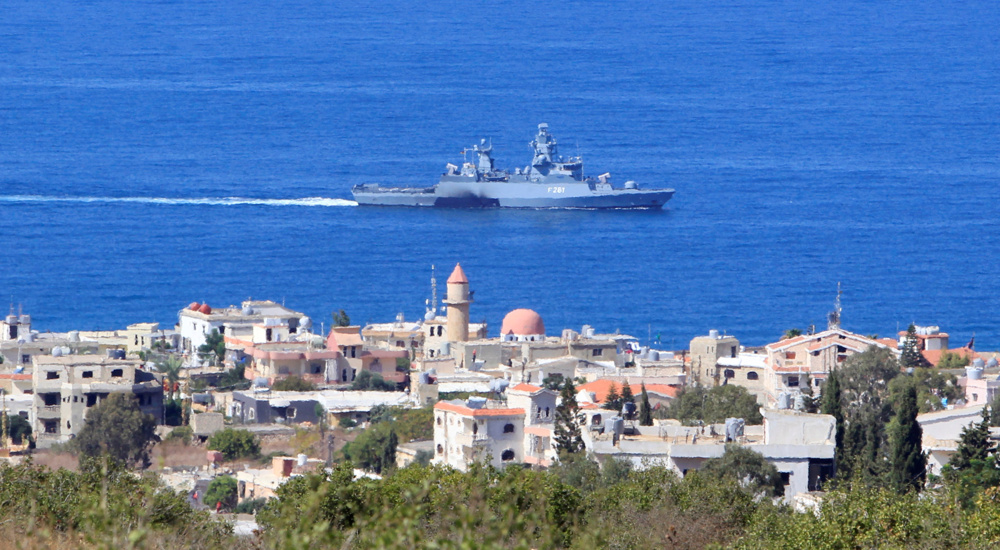


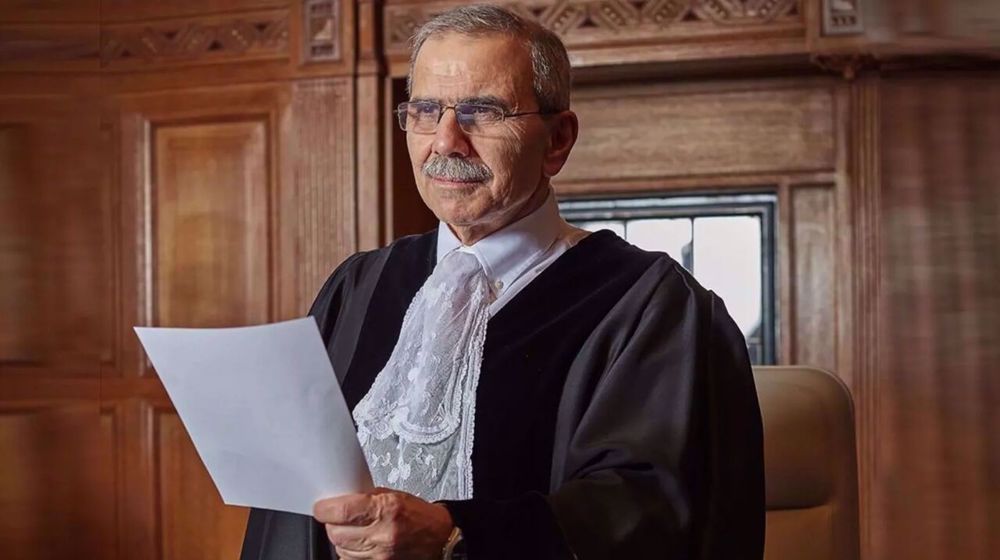
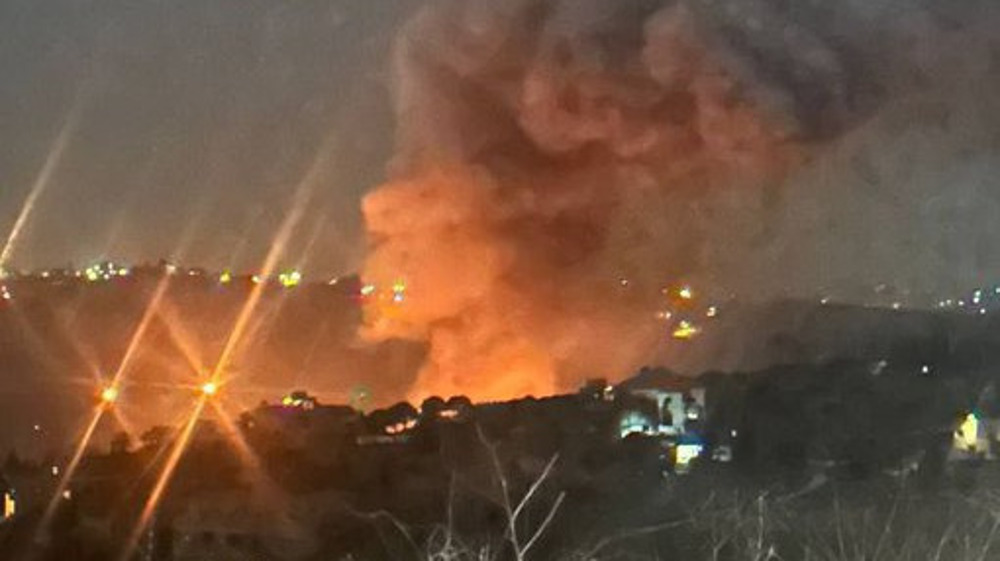
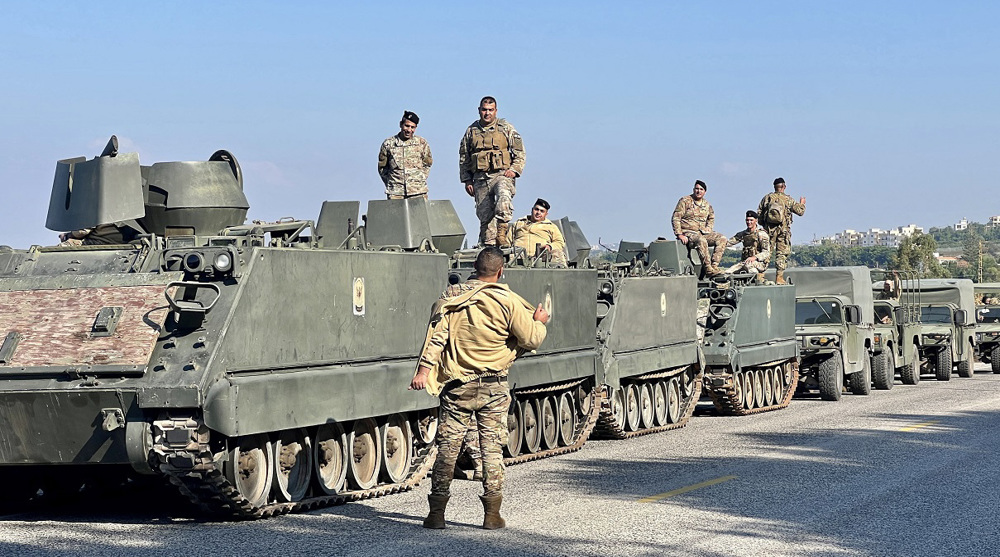



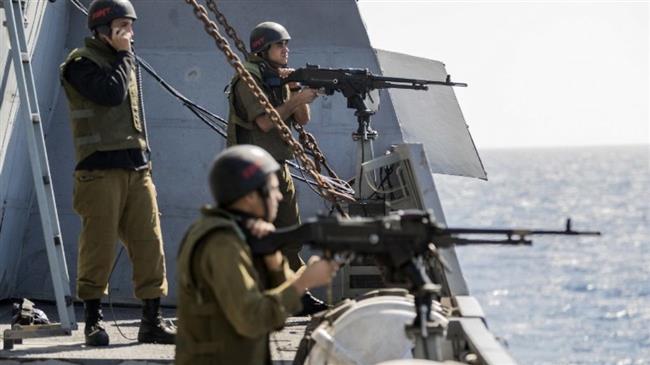
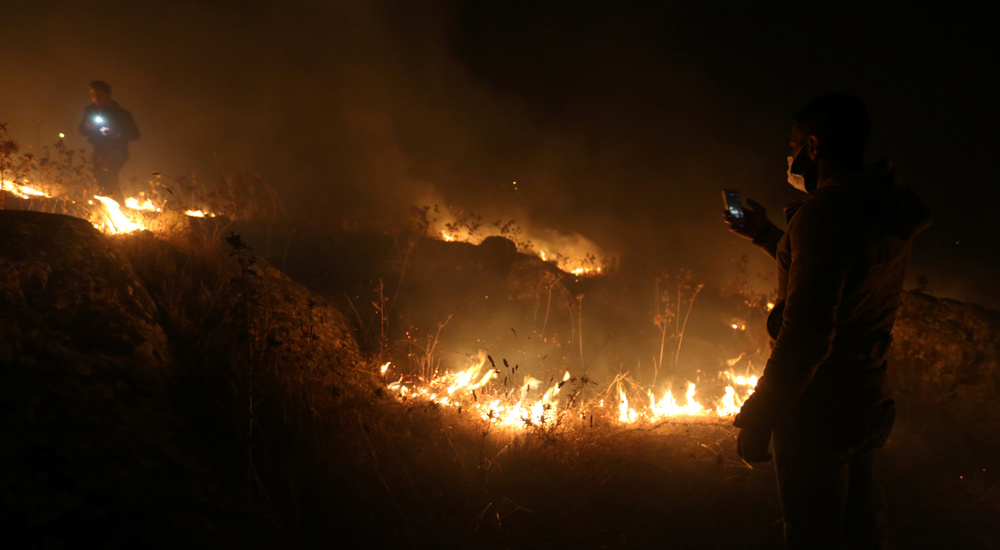
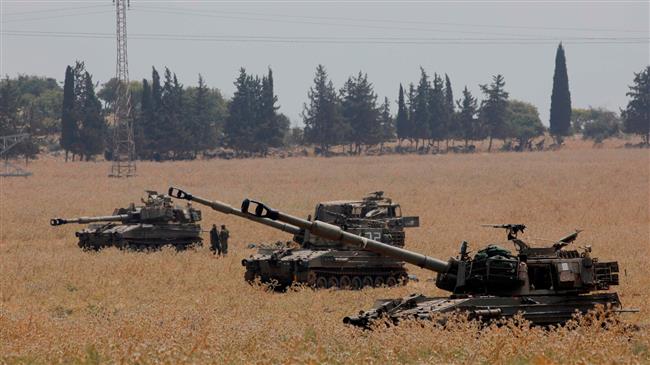
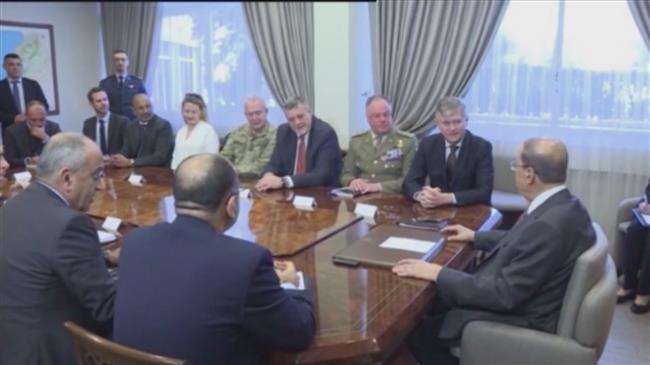


 This makes it easy to access the Press TV website
This makes it easy to access the Press TV website